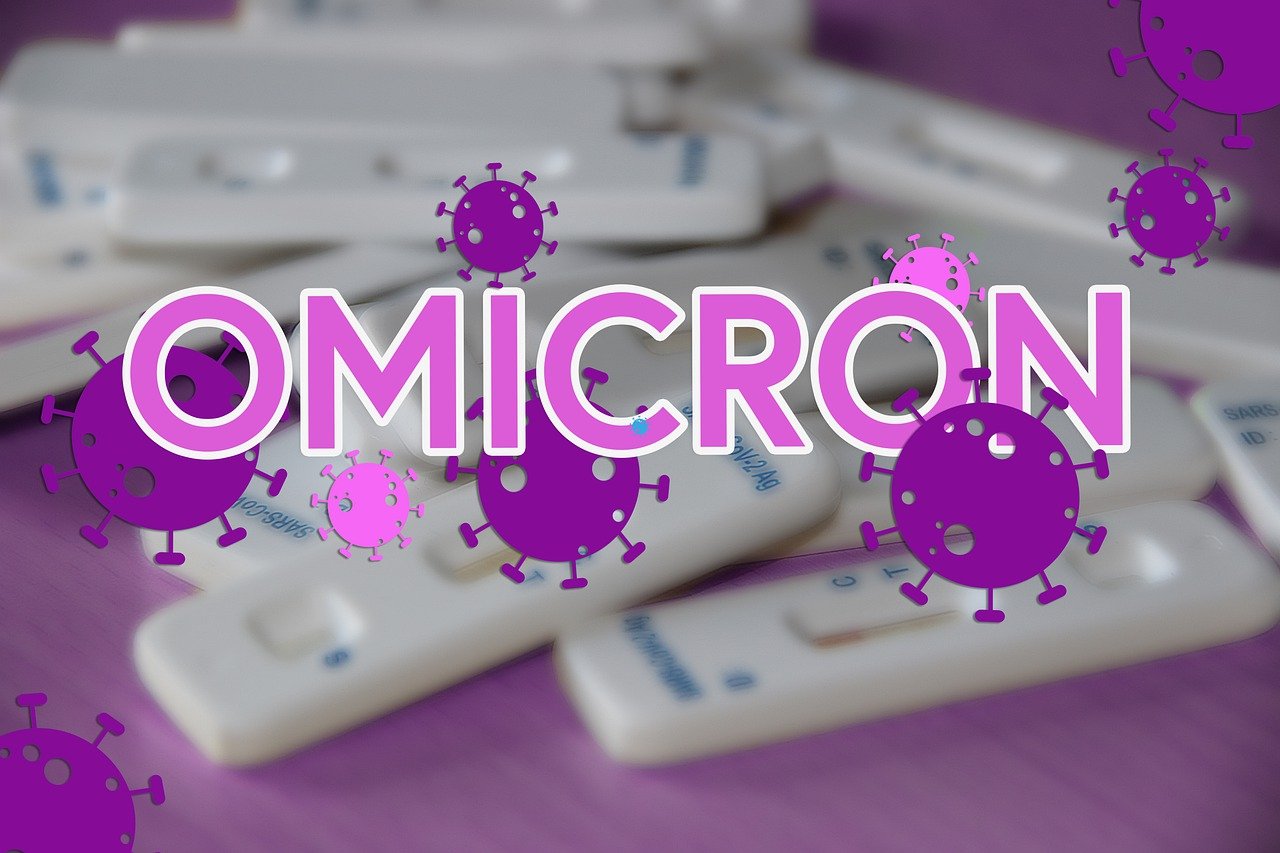Singapore’s Omicron wave likely to see a fairly sharp peak, says infectious disease expert
Singapores Omicron wave is likely to see a fairly sharp peak in the near term, similar to what South Africa had witnessed last month, which could push the number of infections in the affluent city-state to around 15,000 cases a day, a media report said on Sunday.

- Country:
- Singapore
Singapore’s Omicron wave is likely to see a fairly sharp peak in the near term, similar to what South Africa had witnessed last month, which could push the number of infections in the affluent city-state to around 15,000 cases a day, a media report said on Sunday. According to the Ministry of Health, 692 cases of the Omicron variant were reported in Singapore on Saturday, of which 541 were locally transmitted and 15 were imported.
The number of COVID-19 cases have been steadily climbing in recent weeks here, with Omicron constituting a major proportion of the new infections on a daily basis. “I would anticipate that we will see a fairly sharp peak, like what South Africa has had, and it will decay after that. It will only be after that point that we get to a stable number, with lower numbers of infections,” the Straits Times newspaper reported, quoting an infectious disease modelling expert Alex Cook, who is an associate professor at the National University of Singapore's Saw Swee Hock School of Public Health. Given the latest number of daily confirmed cases, Singapore could soon face an Omicron wave, with 10,000 to 15,000 cases a day being a distinct possibility, the report said. Just how steep the slopes of the next wave are will depend on the kind of restrictions Singapore have in place, it said. ''It could be that we have a lower, longer, slower burn, and we maintain the measures that we currently have in place,'' the report said, quoting Professor Cook. The Omicron variant was first identified in South Africa on November 25 last year, before it spread to other parts of the world. Despite Professor Cook’s grim forecast, others like Professor Teo Yik Ying, Dean of the Saw Swee Hock School, sounded more upbeat. He believed that in Singapore this variant is spreading much more slowly than it has in European and North American countries because of the government’s stricter management measures. “Certainly, the Omicron variant has the potential to spread very quickly, especially in the absence of community measures and mask wearing, such as what we have seen overseas,” he opined. However, the Omicron seems less severe than the Delta variant. On April 1 last year, when Singapore's first Delta case was reported, the city-state was still pursuing a zero-COVID-19 policy instead of treating the virus as endemic, the report said. Fewer than one million people were fully vaccinated at the time, with daily case numbers in the double-digits and the vast majority of infections being imported. Air travel had slowed to a trickle and quarantine-free travel was not an option, it said. The Delta wave eventually peaked in October, with Singapore seeing on average 3,000 new cases daily. In contrast, Singapore now faces the impending Omicron wave in very different circumstances, it said. On December 2, the same day that Singapore detected its first imported Omicron case, it had reported 1,050 community cases. It had embarked on a Vaccinated Travel Lane arrangements allowing for quarantine-free travel, even as ticket sales were temporarily curbed to give Singapore time to gear up for the next wave of infections, the report said. As things stand, 90 per cent of Singapore’s approximately 6 million population are now fully vaccinated, and nearly every five out of 10 people have also been administered the booster shots, it said. Despite these measures, given the high transmissibility of the Omicron variant, it could still drive a surge in infections in the coming days, the report said. Once the Singapore government is confident that Omicron doesn’t overwhelm the healthcare system, they should think about re-opening, Professor Cook was quoted as saying in the report. Apart from the Omicron numbers, Singapore has additionally reported 956 new COVID-19 cases as on Saturday, with 552 locally transmitted infections and 404 imported ones. As on Saturday, Singapore has reported 290,986 COVID-19 cases, with 843 deaths.
(This story has not been edited by Devdiscourse staff and is auto-generated from a syndicated feed.)










